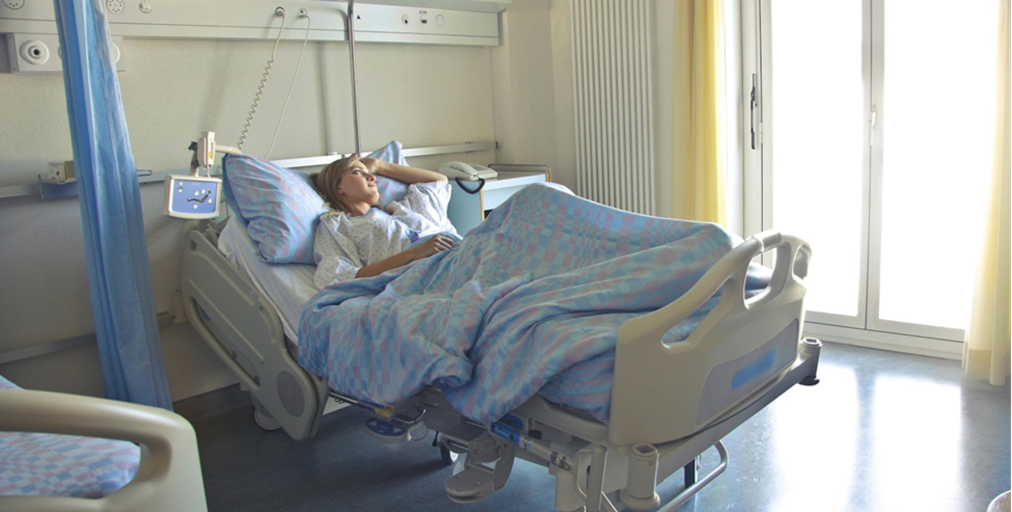Receiving a diagnosis can be a life-changing moment, but it’s not uncommon to feel uncertain or even skeptical about the information. Many people seek a second opinion to confirm the diagnosis, explore other treatment options, or simply get peace of mind. However, this process can feel overwhelming. Here’s what you need to know when seeking a second opinion on a diagnosis.

How to seek a Second Opinion
Trust Your Instincts
Your health is too important to leave any doubts unchecked. If something about the diagnosis doesn’t feel right or if you have lingering questions, don’t hesitate to seek a second opinion. Trusting your instincts in healthcare is crucial. Even when the diagnosis seems clear, it’s perfectly normal to want to hear from another professional.
Whether you’re concerned about the diagnosis itself or the suggested treatment, a second opinion can offer a fresh perspective. In many cases, it could provide reassurance that you’re on the right path, but it may also open the door to alternative options.
Understand Your Insurance Coverage
Before seeking a second opinion, check your insurance policy to understand if it covers additional consultations. Some insurance companies fully cover second opinions, while others might have limitations based on the nature of the diagnosis or the specialists available. Knowing this information upfront will help you avoid surprise costs later.
Choose the Right Specialist
When seeking a second opinion, it’s important to consult with a specialist in the relevant field of medicine. For example, if your diagnosis involves a heart condition, you’ll want to see a cardiologist with significant expertise. The goal is to have someone with the right experience to review your case thoroughly.
If you can, try to get a recommendation from someone in the medical field, like your primary care doctor. They often have connections to well-respected specialists who can give you a reliable second opinion.
Bring All Your Medical Records
To make the second opinion process as efficient as possible, bring all your relevant medical records. This includes any test results, lab work, imaging scans, and doctor’s notes from your initial consultation. Having these documents will ensure the specialist has all the necessary information to give you an informed second opinion.
Additionally, if you’re unsure about any part of your original diagnosis or treatment plan, write down your questions before the appointment. Being organized will help you get the most value from the second opinion.
Don’t Feel Rushed
Healthcare decisions should never be made in a rush. Take your time when deciding whether to proceed with a second opinion. While some medical situations are urgent and need immediate attention, many allow time for thoughtful decision-making. A second opinion can give you confidence in your choices, so don’t hesitate to take the time you need.
Consider Long-Term Implications
Seeking a second opinion isn’t just about confirming a diagnosis; it’s also about understanding the potential long-term impacts of your treatment. Some treatment plans may have side effects or outcomes that require careful consideration. A second opinion can help clarify these potential risks and offer alternative approaches if needed.
It’s also wise to be informed about protections and rights you may have if things don’t go as planned. In some cases, patients experience unexpected outcomes or dissatisfaction with their treatment, and this is where medical malpractice insurance can play a vital role. This insurance provides crucial protection if a doctor or healthcare professional fails to provide proper care. You can easily learn more about how this insurance works and how it can protect you.
Conclusion
Seeking a second opinion is a responsible and proactive step in managing your health. Whether you’re confirming a diagnosis, exploring treatment options, or simply seeking peace of mind, the second opinion process can provide invaluable insights. Remember to take your time, gather all the necessary information, and trust your instincts throughout the journey. Your health is your most valuable asset, and it’s worth taking every step to protect it.




